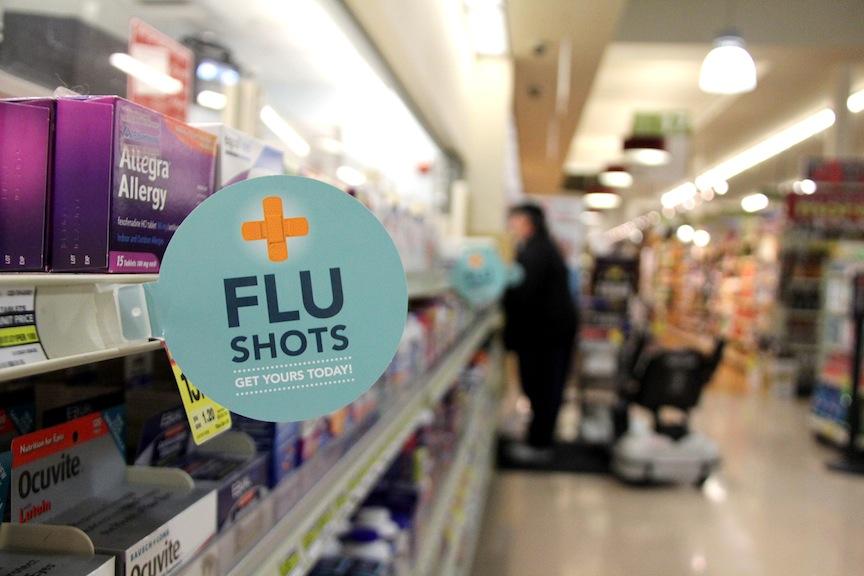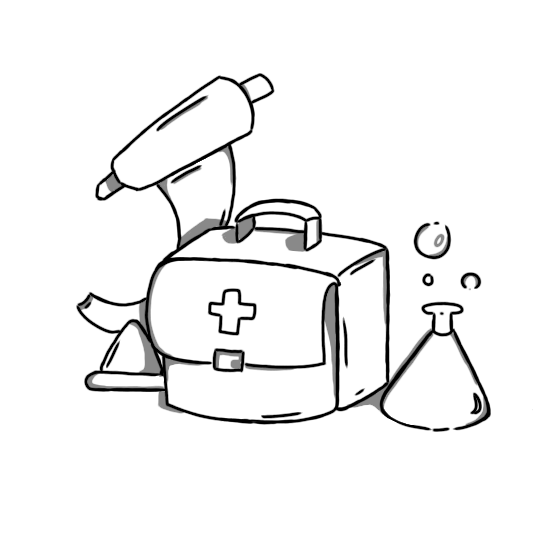Have you ever woken up one day with a fever, cough, or stuffy nose? What about feeling very tired with body aches and just wanting to sit down all day and to not do anything? Then you might have the flu: an influenza virus that infects the repertory tract.
The flu causes a runny nose, sore throat and fever. An average of 5 to 20 percent of Americans will get the flu annually, according to Sandra Adamson Fryhofer, M.D.
The flu is extremely contagious and is passed from person to person fairly easily. The most common ways of getting the virus are being around infected people that either cough, sneeze, or simply just talking to you.
The virus can infect your body simply by a tiny droplet finding its way into your body most likely through the eyes, mouth, or nose. You can also attract the virus indirectly. If you touch any surface that has came in contact with a sick person that never washed his/her hands, then you have a high chance of getting those germs on your hand too, and you wouldn’t even know it! There is one simple solution to prevent the flu, and that is to get a flu shot.
“My family and I all get flu shots every year in October,” sophomore Bryan Garcia explained, “And none of us ever get sick after we take them. I don’t have to worry about getting sick and having to miss school and make up work.”
Flu shots are available at local drug stores like Albertsons or Walgreens around the time the Flu season starts, which is around Oct. You could also get them at your doctor’s if you choose to do so, and they are also free. It takes about two weeks after vaccination for the body to develop the antibodies that are needed to fight off the flu (NCIRD). That is why it is best for people to get vaccinated as early as possible, before the virus spreads through the community.
“It is important for people to get flu shots because it prevents people from getting sick and getting others sick. They also don’t have to miss any activities that they have to do,” Garcia said.
Even though the virus is easily obtainable, it could also be easily prevented.
Washing your hands consistently throughout the day is easy. Just wash your hands any opportunity you get just in case you touched something that had the virus on it, or if you’re the one that is sick, then you could prevent from other people getting sick. A good strategy for making it an efficient hand wash is singing the alphabet twice (not out loud, unless you want to). Changing toothbrushes is advised after 3 months of use.
On the other hand, if you are sick then you should get a new toothbrush right after your sickness is gone or else you may get sick again because the germs would still be on the toothbrush you used while sick. Another tip for staying healthy is not to share food. Even if it is a close friend or even a family member, you never know if someone already has the virus in their body, but they just aren’t showing any symptoms of it.
The immune system is a main component of getting better if you have any kind of sickness so you should keep it functioning properly. According to Sandra Adamson, MD, eating well and getting sleep are two ways of doing this. If you don’t get enough sleep every day then your immune system starts to deteriorate, making it work less efficient.













